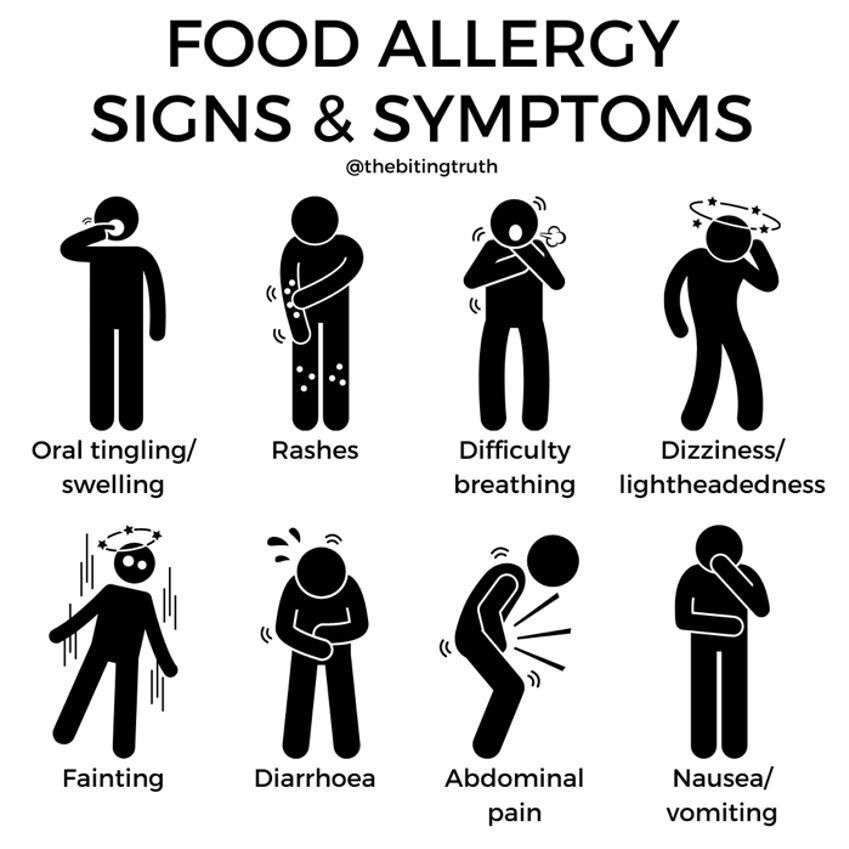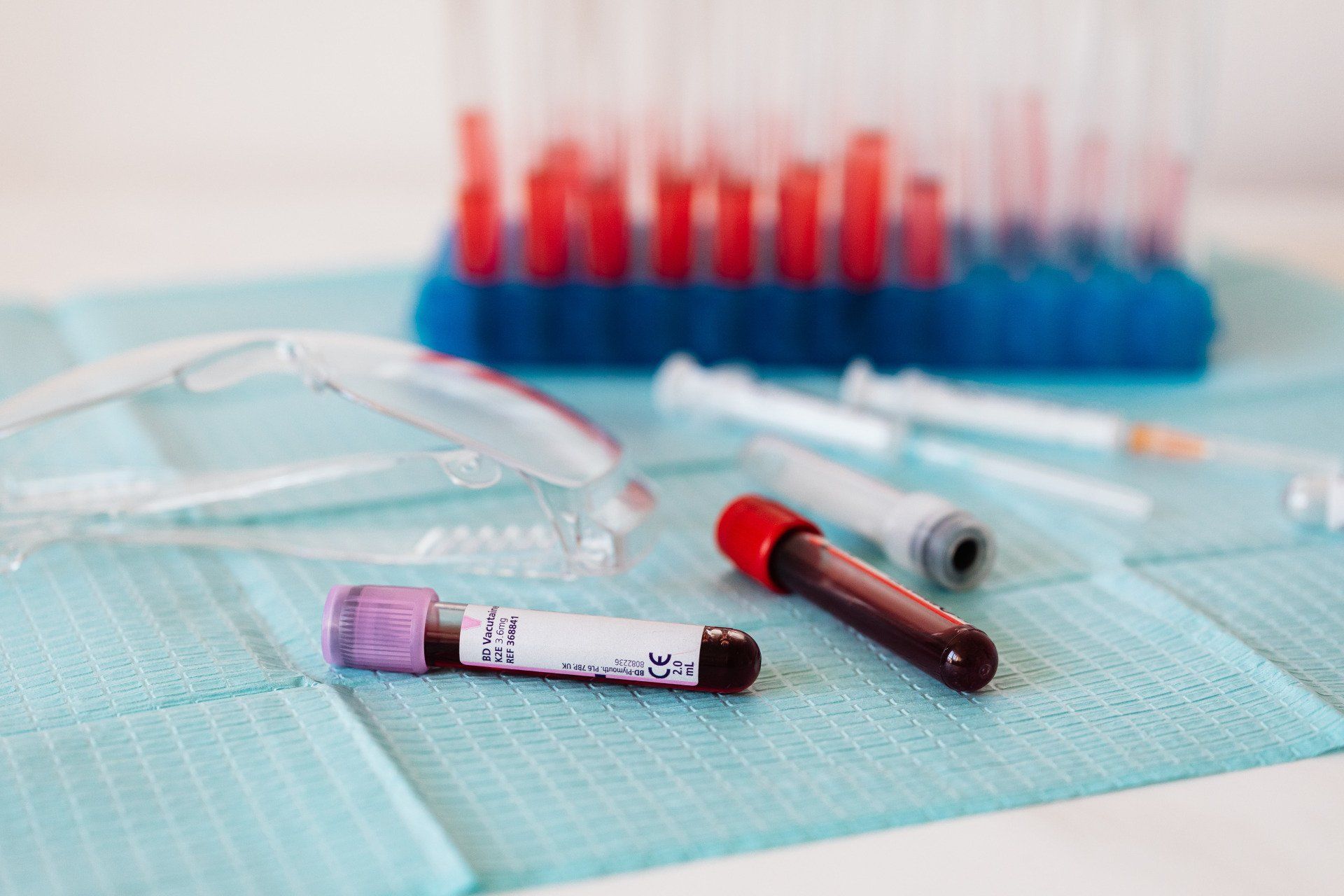Men’s Health Screening: A Guide to Preventative Health Screening
Prioritize Your Health: The Ultimate Wealth Investment!

Introduction
Health is wealth, as the old adage goes. This statement rings true, especially in today's fast-paced world where men often neglect their health due to work demands and other responsibilities. Regular health screenings are vital to detect potential health issues before they become serious problems.
Understanding Preventative Health Screening
Preventative health screening is a proactive approach towards maintaining good health. It involves regular check-ups and tests that can help identify potential risks or early signs of diseases. These screenings are essential because many serious conditions like heart disease, diabetes, or cancer do not show symptoms in their initial stages. Early detection through preventative screenings can lead to more effective treatment and better outcomes.
Checklist for Men’s Health Screening
- Blood Pressure Check : High blood pressure or hypertension is often referred to as the "silent killer" because it typically has no symptoms but can lead to severe complications such as heart disease or stroke if left untreated. Men should have their blood pressure checked at least once every two years starting from age 18.
- Cholesterol Test: High cholesterol levels can increase the risk of heart disease and stroke. Men aged 20 years and older should have a regular cholesterol test, depending on their risk factors like family history of heart disease.
- Diabetes Screening: Diabetes is a chronic condition that can lead to serious complications if not managed properly. Men aged 45 and above, or those with risk factors such as obesity or family history of diabetes, should get screened regularly.
- Prostate Cancer Screening: Prostate cancer is one of the most common types of cancer in men. Regular screening starting at age 50 (or earlier for high-risk groups) can help detect this disease in its early stages when it's most treatable.
- Colorectal Cancer Screening: Colorectal cancer is the third most common cancer in men. Regular screening should start at age 50, or earlier if there's a family history of the disease or other risk factors.
- Eye and Hearing Tests: Regular eye and hearing tests are important as vision and hearing loss can occur with age. Men over 40 should have their eyes checked every two years, and those over 50 should have a hearing test every three years.
- Skin Cancer Screening: Skin cancer is one of the most preventable types of cancer. Regular self-examinations for changes in the skin and annual check-ups with a dermatologist can help detect skin cancer early.
- Bone Density Test: Osteoporosis isn't just a women's issue; men can get it too. Men over 70 should consider getting a bone density test to screen for osteoporosis.
- Mental Health Screening: Mental health is as important as physical health. Regular mental health screenings can help detect conditions like depression or anxiety early on.
- Dental Check-up: Oral health is often overlooked but is crucial to overall health. Regular dental check-ups can help prevent gum disease and detect oral cancers early.
Conclusion: Prioritize Preventative Health Screening
In conclusion, preventative health screening plays an integral role in maintaining good health and wellbeing among men. It allows for early detection of potential health issues, leading to timely treatment and better outcomes. Remember, prevention is always better than cure! So, make sure you schedule regular check-ups with your healthcare provider to stay on top of your health game.
Remember that this checklist serves as a general guide, but individual needs may vary based on personal risk factors and family history of diseases. Always consult with your healthcare provider to determine which screenings are right for you.
Men’s Health Screening: A Guide to Preventative Health Screening, take control of your health today. After all, your health is your wealth!
Did you find our post useful? Follow us on Facebook and Instagram for more handy tips on medical testing and health conditions.
Our recent posts








